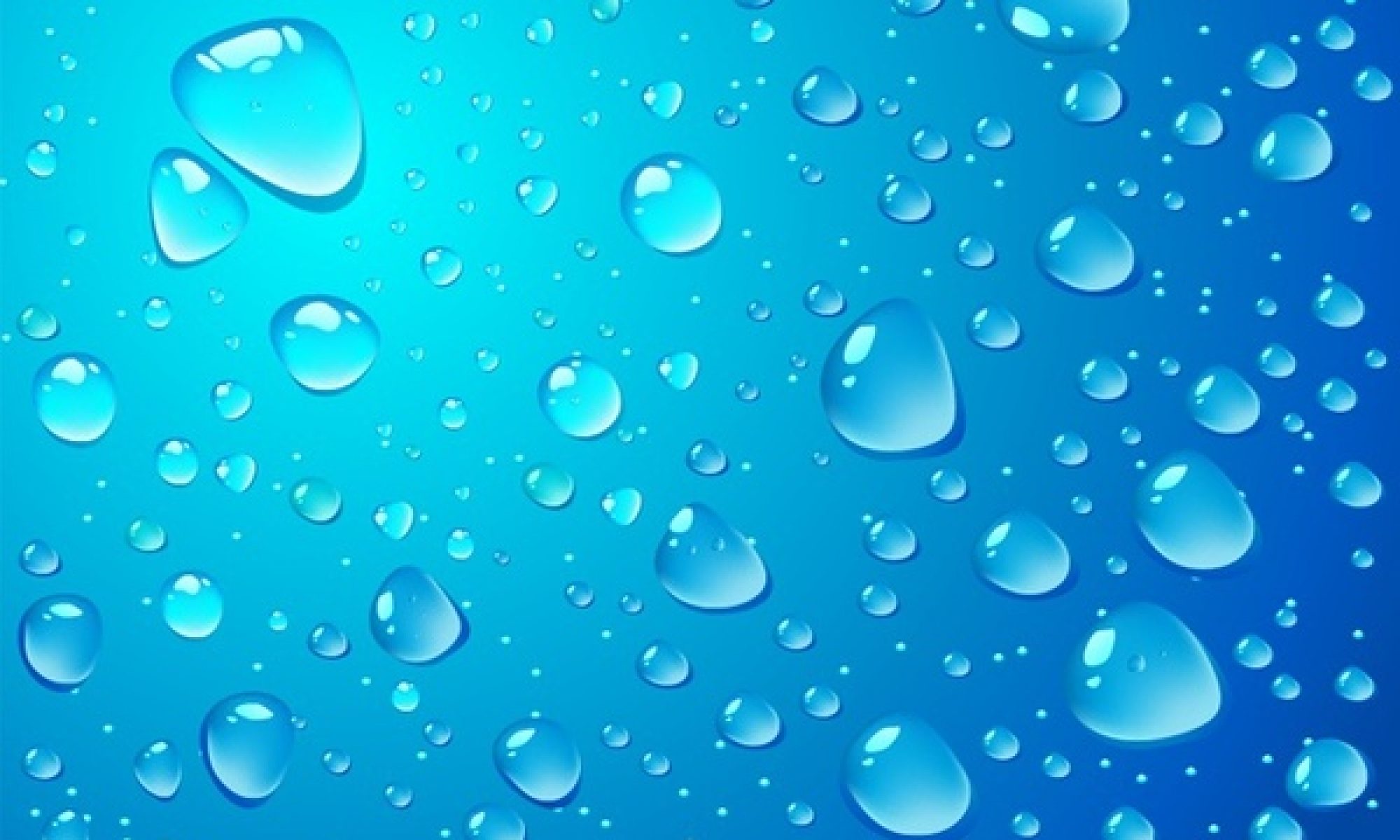A water softener is a special type of filter that eliminates calcium and magnesium in hard water and replaces them with sodium through the ion exchange system. Since calcium and magnesium interfere with the action of soaps and detergents while sodium does not, a water softening system is important to ensure detergents are able to eliminate dirt and oil stains more effectively. It also provides a slippery feel to the skin when you wash.
Components Of A Water Softener
A water softener is made up of three major components –a resin or mineral tank, a control valve, and a salt-water tank. The mineral tank is the area where water softening takes place and incoming water passes through plastic-like beads also known as resin and made of polystyrene. These beads have a charge that is negative, attracting calcium and magnesium from the water since they are positively charged.
The attraction ensures calcium and magnesium adheres to the plastic beads as water flows through the tank. As the water gets to the bottom area of the tank, “softening” would have taken place. The “softened” or conditioned water now passes through a riser tube and outlet manifold, before it is distributed through a cold-water pipe to the house.
Over time, the resin droplets become caked with calcium and magnesium and must be “recharged” or cleaned to be as efficient as it should be. The control valve exerts some form of control in the system since the recharge process is designed to take place based on the amount of water processed. Each cubic foot of resin can efficiently eliminate calcium and magnesium minerals from about 3,200 gallons of hard water. By contrast, about 750mg of sodium is in turn added each water gallon. This sodium content is considered as low range. However, for people who are concerned about sodium intake in general, resins that release potassium is the best option – although it is expensive.
A Process Of A Brine Tank
In association with the mineral tank, a brine tank helps with the regeneration process. During the “brine cycle”, salty or brine water is pumped out from the brine tank into the mineral tank. As water passes through the plastic beads, sodium is exchanged with the ions in the hard water, regenerating the attraction of the plastic beads in the process. When the brine tank is empty, a “slow rinse process” begins, which is followed by a more forceful rinse. These two cycles allow fresh water to rinse excess salts from the mineral tank, expelling it down the drain before the brine tank is refilled.
After the washing away of the hard water ions and any excess sodium, the brine tank is refilled, returning the system back to service cycle to begin the water softening process again. Since the regeneration process allows for the dissolution of salt in the brine tank, it is important that salt is replenished from time to time.
Contact Us
At Reynolds Water Conditioning Company, we are here to help make sure our clients don’t buy water treatment systems that they don’t need. We are here to make sure you find a water softening system that gives you the results you are looking for, whether it is to remove iron or odor from you water; we have a solution that will help! For more information contact our experts at 800.572.9575 or at our website https://reynoldswater.com.
